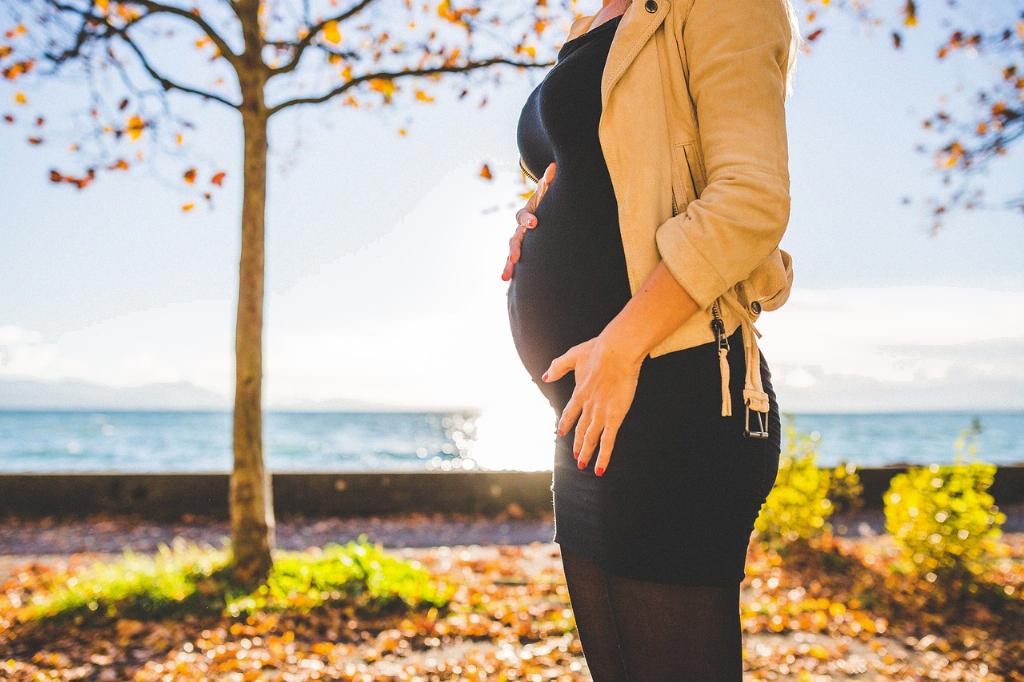Postpartum bleeding, or lochia, is a natural process that occurs after giving birth. However, in some cases, the bleeding can become heavy and require medical attention. It is important to know when it is necessary to seek help from the hospital for heavy menstrual bleeding postpartum.
When is Heavy Menstrual Bleeding Postpartum a Concern?
If you are experiencing heavy menstrual bleeding postpartum that is soaking through one sanitary pad per hour or passing blood clots larger than a golf ball, it may indicate a potentially serious issue that requires medical evaluation.
Signs of Excessive Blood Loss
Excessive blood loss can lead to symptoms such as weakness, dizziness, fainting, rapid heartbeat, or feeling lightheaded. If you experience any of these symptoms along with heavy bleeding postpartum, it is crucial to seek medical attention promptly.
When Should You Go To The Hospital?
It is recommended to go to the hospital for heavy menstrual bleeding postpartum when the bleeding is significantly heavier than a normal period, accompanied by severe pain, or if you feel unwell and unable to cope with the bleeding at home.
Emergency Room Evaluation
When you visit the emergency room for heavy menstrual bleeding postpartum, healthcare providers will assess the severity of your condition, check your vital signs, and determine the underlying cause of the excessive bleeding.
Treatment Options
Treatment for heavy menstrual bleeding postpartum in the hospital may include medication to control the bleeding, intravenous fluids to restore blood volume, and in severe cases, a blood transfusion to replace lost blood and improve symptoms of anemia.
Risks of Delaying Medical Care
Delaying medical care for heavy menstrual bleeding postpartum can result in complications such as anemia, weakness, fatigue, and in rare cases, life-threatening hemorrhage. It is essential to seek help promptly to prevent further health issues.
Communicating with Healthcare Providers
When discussing your symptoms with healthcare providers, be open and honest about the duration and amount of bleeding, presence of blood clots, associated pain, and any other concerning symptoms you may be experiencing for a comprehensive evaluation and appropriate management.
Post-Treatment Care
After receiving treatment for heavy menstrual bleeding postpartum, follow any instructions provided by healthcare providers, attend follow-up appointments as recommended, and monitor your symptoms closely to ensure a smooth recovery and optimal health.
Self-Care and Prevention
To promote optimal recovery and prevent future episodes of heavy menstrual bleeding postpartum, prioritize self-care practices such as resting, staying hydrated, consuming iron-rich foods, and engaging in gentle physical activity as approved by your healthcare team.
Seeking Support and Guidance
Do not hesitate to reach out to your healthcare provider or a lactation consultant if you have concerns or questions about heavy menstrual bleeding postpartum, as they can offer guidance, support, and resources to navigate this challenging time effectively.
Conclusion
In conclusion, it is crucial to recognize the signs of heavy menstrual bleeding postpartum that warrant a visit to the hospital for prompt evaluation and treatment. By prioritizing your health and seeking timely medical care, you can address any underlying issues effectively and promote a smoother recovery postpartum.

